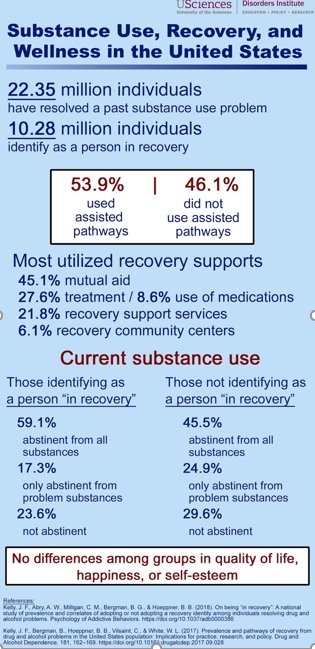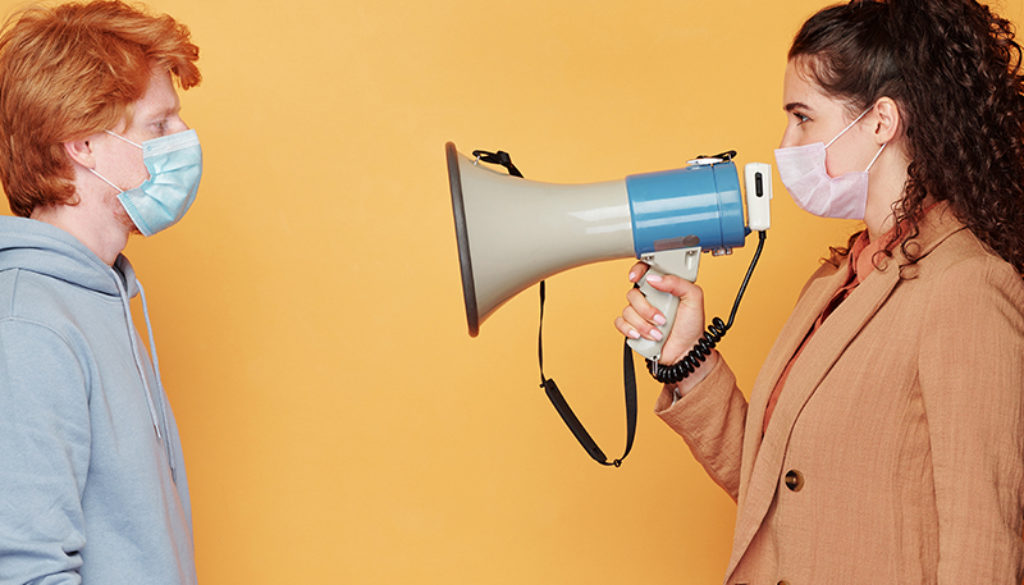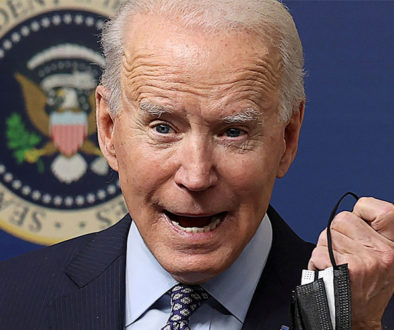Compelled to Respond
Compelled
I feel compelled to respond on some level. And then I will let this go.
Okay… Here we go.
There are a couple of assumptions that are necessary up front. If we are going to have a reasonable conversation about this.
Assumptions
- There is such a thing as – SCIENCE.
Research methods apply to social issues. As a society we should be making our decisions and forming our policies based on research. NOT based on my personal (or your personal) experience, strength and hope. - Having a “problem” with drugs and/or alcohol is a – BAD THING.
Regardless of what you call it (addiction, SUD, etc…) it is BAD for your health and bad for society. - Resolving a “problem” with drugs and/or alcohol is a – GOOD THING.
Regardless of what you call it (recovery, remission, getting better etc…). It is good for your health and good for society for the problem to be resolved.
If you can’t agree with these 3 points. There is nothing anyone can say to you to facilitate a meaningful conversation.
You are dogmatically entrenched and an extremist. I wish you the best. I apologize if my opinions offend you.
The Research & Facts
Let me break down the data below. WARNING: This is research. Not opinion:
- 22.35 Million People Have Resolved a Substance Use Problem (over their lifetime). They HAD A PROBLEM. They NO LONGER HAVE A PROBLEM. That is a good thing.
- Only 10.28 million call it recovery.
- The other 12.07 million just got better. They don’t care if you think it’s recovery. They got better. And that is a good thing.
- Of the 22.35 million who got better:
- 12.04 million (53.9%) got help/assistance.
- 10.31 million (46.1%) DID IT ON THEIR OWN. They got better (that’s a good thing). And they did it on their own.
- Of the 12.04 million who got help:
- 5.4 million used 12-step meetings or some other type of mutual support group.
- 3.3 million got treatment and of those 283,800 used medication assisted pathway.
- 2.6 million were involved with recovery support services.
- 734,000 were involved with recovery centers.
Therefore, the typical/traditional pathway of meetings and/or treatment accounts for only 8.7 million (5.4 million meetings + 3.3 million treatment) of the 22.35 million who got better.
That’s 39% of the people. It’s an important part of the equation.
BUT THE “TRADITIONAL PATHWAYS” do not account for the majority of change.
61% DID IT SOME OTHER WAY

This should promote dialogue around alternative therapies and new ideas.
Furthermore, if you look a little deeper:
Of the 10.28 who say they are in recovery: **59.1 % report total abstinence. That means 40.9% or 4.2 million moderate.
Of the people who DID NOT say they were in recovery: **45.5% report total abstinence.
That means 55.5% or 6.7 million people moderate.
This leaves us with 10.9 million people who have resolved a problem with substance use via moderation.
That is 48.7%. Nearly half. Nearly half use moderation.
ALSO. THE RESEARCHERS FOUND NO DIFFERENCE IN HAPPINESS LEVELS OR SOCIAL FUNCTIONING AMONG THE GROUPS.
Moderation and total abstinence produced the same quality of life outcomes.
Here is the link to the full article: https://www.recoveryanswers.org/
Few Choices
Now at this point. You are left with only a few choices.
- Research in general is not real. There is no such thing as science. Therefore, you disregard this information.
- This particular research is not real. It was put together by Harvard Medical School and a bunch of idiots “up there”. You are much smarter and much more informed than any of those idiots from Harvard. Therefore, you disregard this information.
- You “don’t give a shit about no research”. You know what worked for you and you know what worked for your group and therefore you don’t need no research. You and your 10 or 100 or 1000 acquaintances in recovery speak for all of humanity. All 7.5 Billion people. In which case, you disregard this information.
- Or… perhaps there is legitimacy to this research. AND further discussion and exploration is needed.
Certainly, we should be trying to reach people via different avenues. Especially when, it is obvious that multiple pathways (including moderation) work.
Recovery Answers – National Recovery Study – Dr. John Kelly – Multiple Pathways to Recovery Conference
Access the original National Recovery Study research article:
Kelly, J. F., Bergman, B. G., Hoeppner, B., Vilsaint, C., & White, W. L. (In Press). Prevalence and pathways of recovery from drug and alcohol problems in the United States population: Implications for practice, research, and policy. Drug and Alcohol Dependence.




